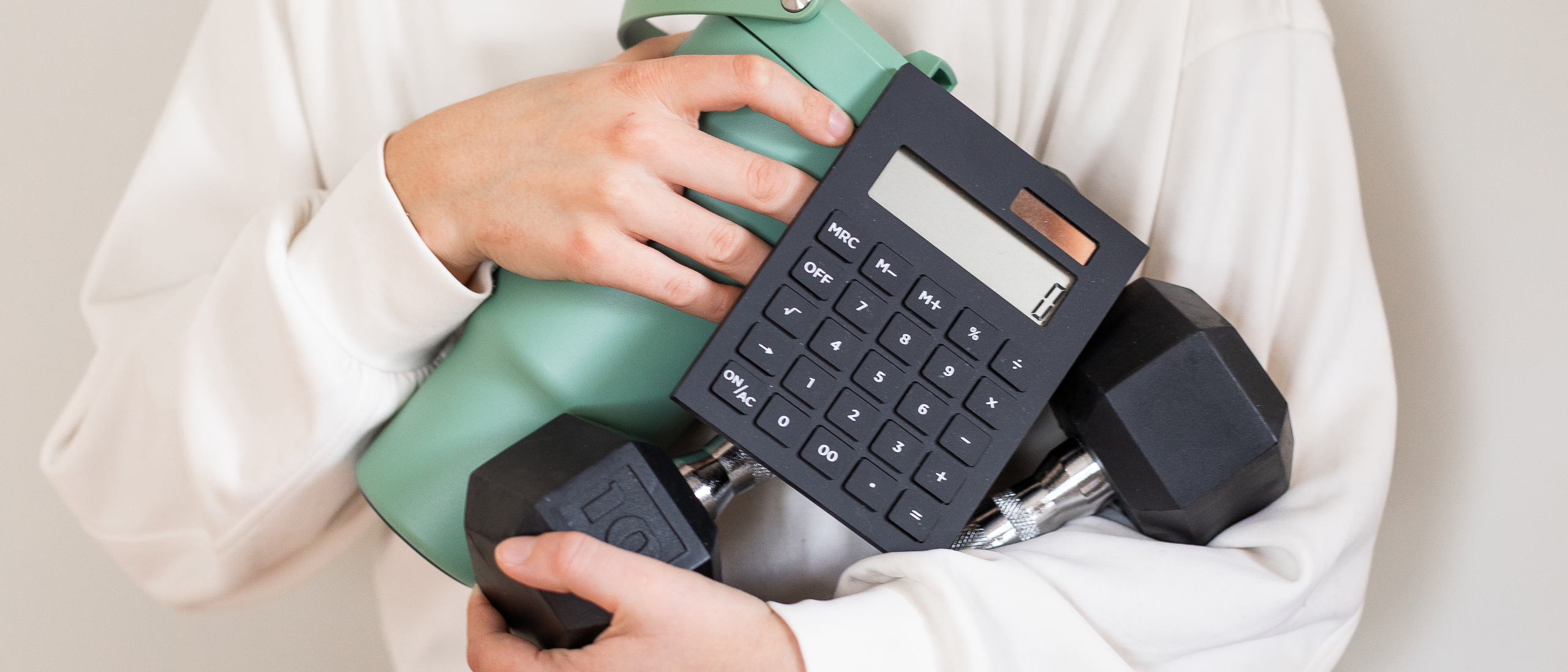As if accounting weren’t confusing enough, there are actually two wildly different methods of representing the movement of money in your business: cash accounting and accrual accounting. It’s important that you pick one for your business from the start—and which one is right depends on a number of factors.
Let’s say Alex owns a graphic design business. This month, she’s sent a $3,000 invoice for a project she finished, received payment for a $2,000 invoice she sent last month, paid for her Creative Cloud plan (which she pays for annually to save money at $600 a year), and received a bill from a contractor for $750. We’re going to look at what Alex’s accounting would look like using each of the methods.
How Accrual Accounting Works
In the accrual method of accounting, everything is recorded as the goods or services are delivered. So, you would count an invoice as revenue as soon as the invoice is sent out (regardless of when it actually gets paid). Expenses are counted when your company receives the good or service, regardless of when you actually pay for them.
Using the accrual method of accounting, Alex would have $3,000 of income for this month and $800 in expenses, making $2,200 in profit for the month. That’s because she would only be counting the money for the work that was completed and the goods that were received that month. So, she’d account for the $3,000 invoice she sent out and the $750 bill from the contractor. Additionally, she’d only count one month’s worth of the subscription she paid, because that’s the amount of the service being “delivered” this month. So, even though she paid $600 for Creative Cloud, she’d only account for $50 (or one month’s worth of payments). The $2,000 payment received this month would have been accounted for in the previous month when the work was done and the invoice sent.
How Cash Accounting Works
When using the cash method of accounting, everything is recorded when the money actually moves. So, income is recorded when the invoices are paid (we all know this can take a while to happen), expenses are recorded when bills are paid, etc. The money isn’t recognized until it actually hits (or leaves) the bank.
Using the cash method of accounting, Alex would have $2,000 in income for the month and $600 in expenses, making $1,400 in profit for the month. That’s because she’d only be accounting for the actual money in and out, regardless of when the work was done. So, she’d include the payment received for the invoice sent last month and the entire amount paid for the year of Creative Cloud. The invoice sent and the bill received will be accounted for whenever they are actually paid.
Cash vs. Accrual: Which is Best for Your Business?
You may be looking at this and thinking, so what? Does it really matter? It’s all money in and out eventually, right?
But which method you choose does make a difference when it comes to taxes. You’re taxed for whatever money you make in that month according to your accounting method. So, if you use accrual accounting, you’re taxed for the money you make when you send the invoice, regardless of how long it takes to actually receive that money (which could mean you end up paying taxes on money you don’t have yet). With cash accounting, you won’t be taxed until you have the money. Given how long clients can sometimes take to pay invoices, many people prefer cash accounting for this reason—and it’s what I tend to recommend for my clients.
That said, this same time lag in payments can make your books look wonky—and if you’re seeking investment, you may prefer accrual accounting so that your revenue looks steady even if clients take forever to pay.
It is worth noting that some large businesses are required to use accrual accounting by the IRS. Specifically, if your business has an average yearly revenue of over $1 million (calculated by averaging your gross receipts from the past three years), you’ll have to use accrual.
What’s most important is that you pick a method and stick with it. While you can change your method of accounting down the line, it’s a bit of a pain, so it’s best if you stay with one method from the start.
Abridged by Amy
- Accrual accounting records a monetary transaction when the good or service is delivered—so, when you send an invoice or receive a bill.
- Cash accounting records monetary transactions when the money actually moves—so, when bills or invoices are paid.
- Cash accounting can be preferable for tax purposes since you’re only taxed on the money you’ve actually received.
- Accrual accounting can make your revenue look more steady since it doesn’t represent time lag in payments.




